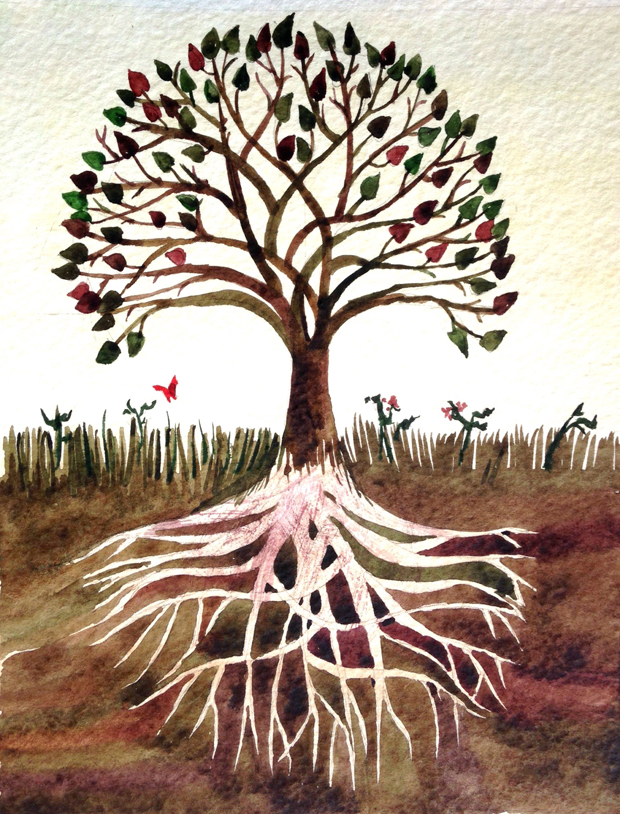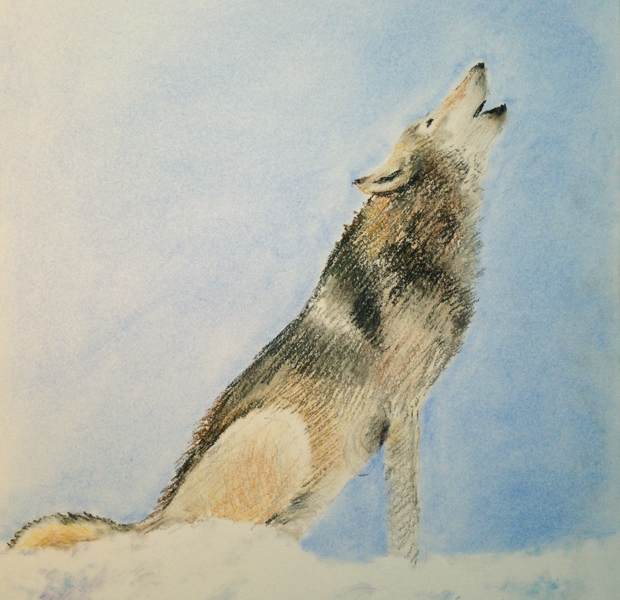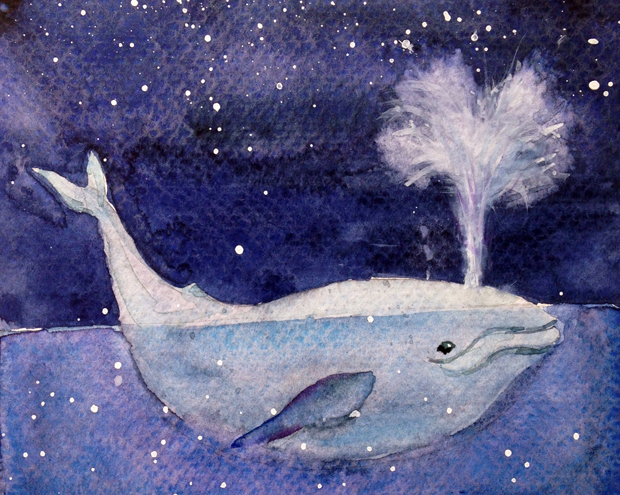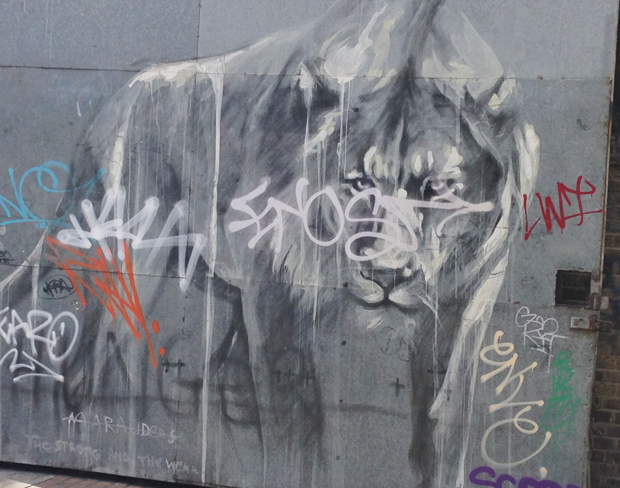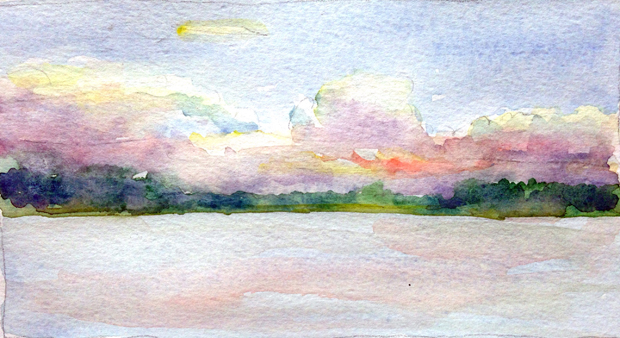A fellow Baltimorean who has been a tireless and effective advocate for housing policy reform is calling it quits for lack of funding. Driven by her own sense of justice, she has helped countless elderly folks avoid eviction and called attention to the disgusting inequities in Baltimore housing. A wise man said recently that people have long known how to profit off exploiting poor people. He said, when we can figure out how to profit off helping the poor, well, then. Look out.
It disgusts me that these things always come down to money. But this is not a post about the sacred energy of money or the power of intention or of positive thinking or the secrets of manifesting wealth. This is a rant about politics, a topic I normally avoid. I saw Maryland Congressman Elijah Cummings speak last night. He considers himself an ordinary man who has had extraordinary experiences by the grace of God and his own hard work. Pity that he is the exception rather than the rule. Continue reading




